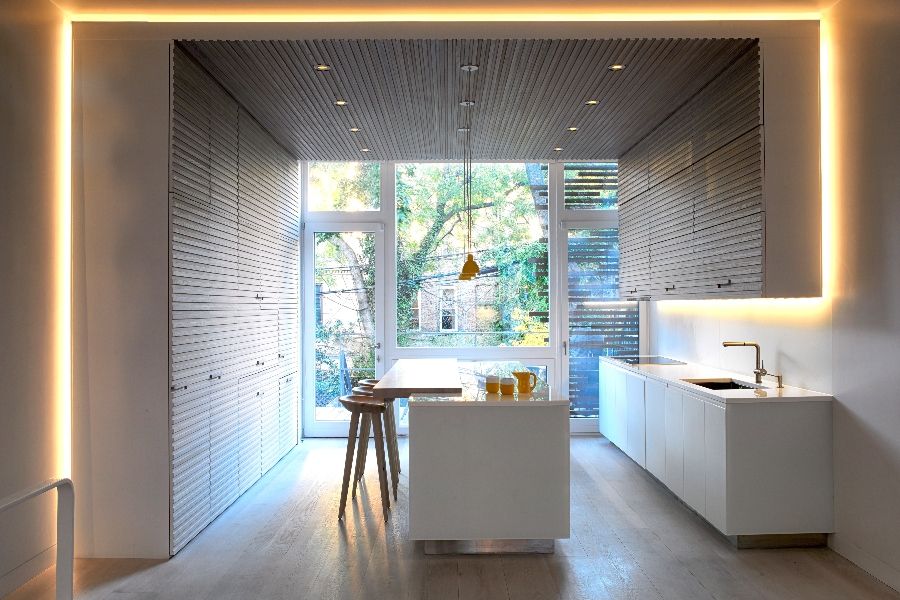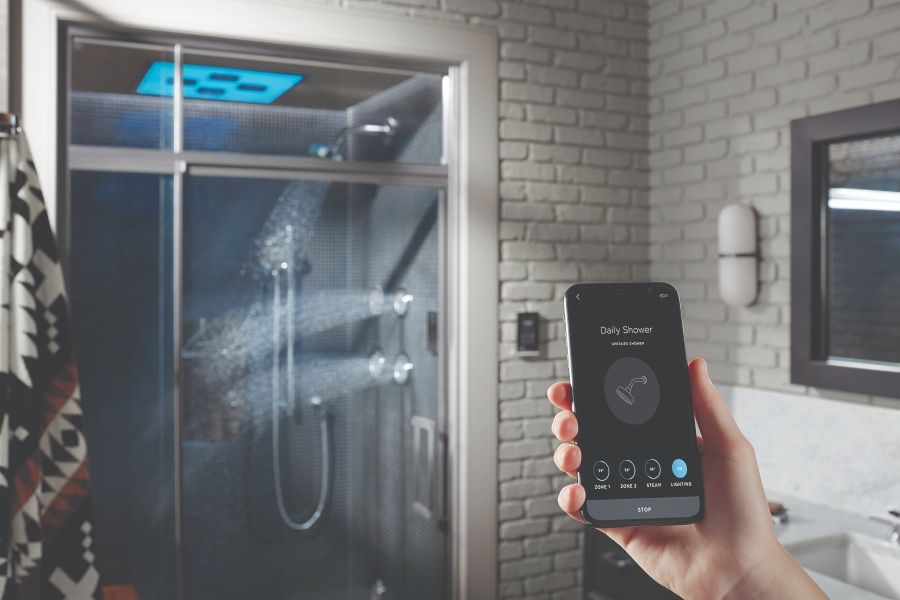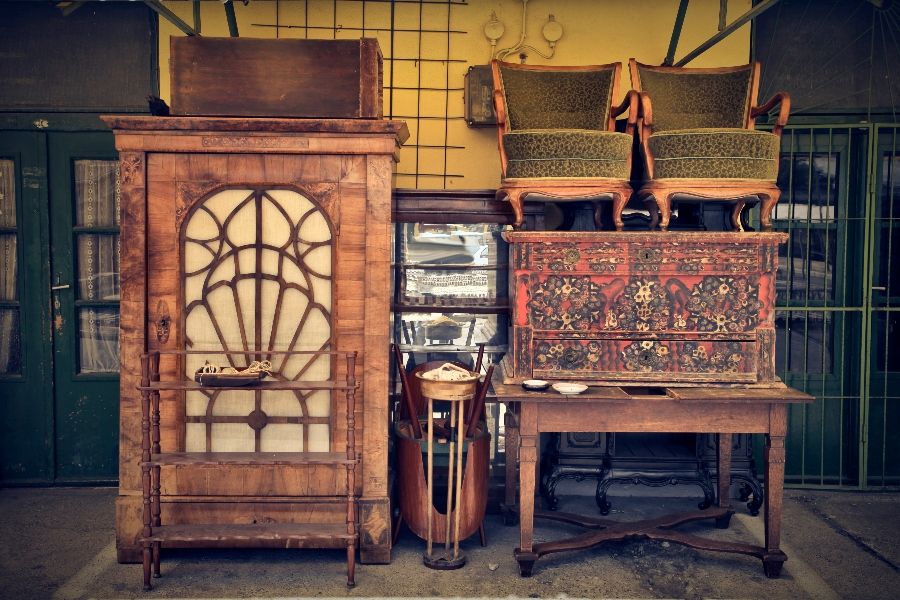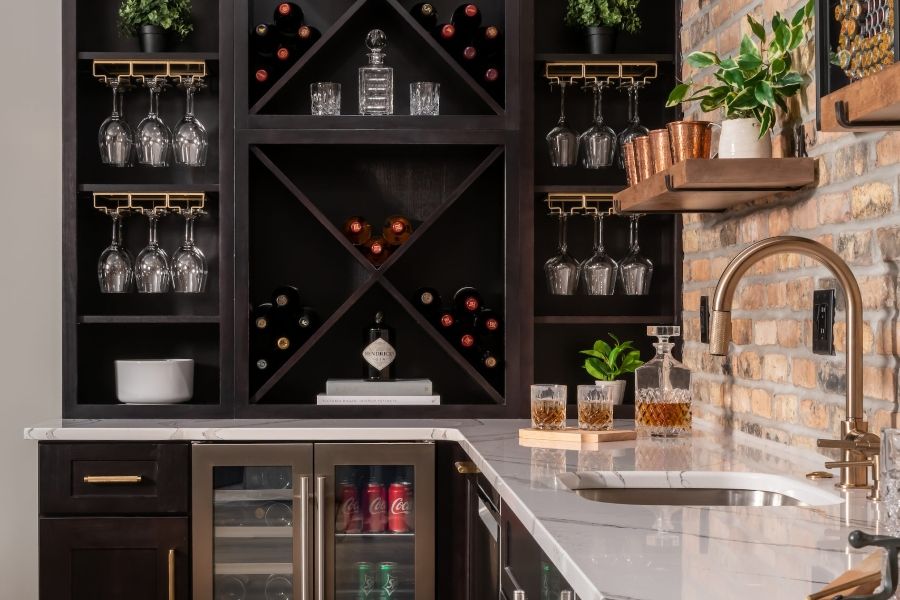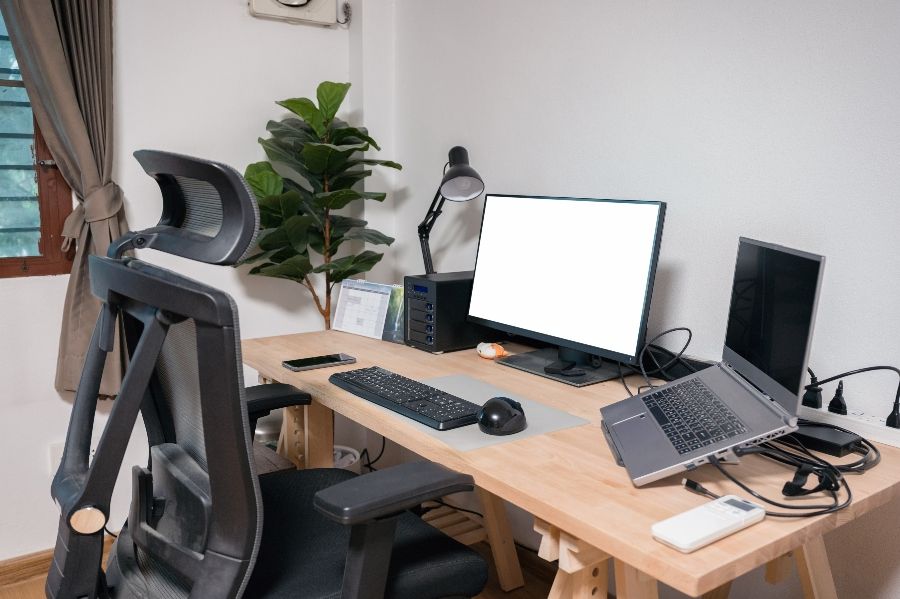The idea of a zero-waste kitchen is no new concept. In fact, there are cultures all over the world that have this lifestyle as part of their cooking practices. There was even a time far in the past where all kitchens would have once been considered zero-waste kitchens. But times change. Over-packaged goods replace storage units. Waste becomes easier to handle. We’re witnessing change right now, but this time its people warming up to composting, eyeballing ingredients and sourcing and tallying up the size of their footprint on the environment.
When designer Ivana Steiner of Vienna set out to make her own zero-waste kitchen, she wanted one that matched modern-day style and sensibility. As an architect who had long worked in kitchens, she wanted a way to speak to the current climate situation that also worked to fight against it. So, she started by travelling to six zero-waste stores throughout Vienna for research.
What she came up with was a marvelous, minimalist, all-in-one kitchen set-up made of ultra-durable and nigh forever-lasting recycled stainless steel.
Massively Multifunctional Design

What immediately jumps out from the set-up is the multifunctionality of the design. Brutally minimalist (but not brutalist, mind you), there is no space available for anything other than what is going to be used on a regular basis. The table itself, central to the design, doubles as both a cooking, prep and eating surface.
Meanwhile, dedicated cubbies for glass containers, fruit baskets, vegetables, multi-use vessels, linen bags, a vertical herb garden and worm box are strategically placed throughout the design. Yes, worm box. Think of it as a far more compact and active compost bin, you just need to provide the worms yourself. The box will then regularly produce humus from food waster that then feeds into the herb garden.
More prep space can be found in the form of a pull out panel, and a small oven and tiny fridge sit behind the Planet B typography.
There are a few parts that are missing, though, like a sun lamp in the event the kitchen happens to be in a darker section of the home. Also absent in the design is a dishwasher. A double sink for washing and sanitization is provided, however, along with a sizeable rack for dish towels.
There are also no upper cupboards or extra storage, owing to the minimalism. Twelve deep plates, 12 small plates, 12 small flat plates, 12 water glasses and 8 wine glasses all fit comfortably within the provided spaces.
Making Sustainability Easy

For people newly approaching more sustainable practices in their design, this kitchen offers a fantastic entry-point in its setup. The juxtaposition of the worm box and herb garden make recycling organic waste simple for the beginner. The inclusion of jars as storage units in the design also contribute to a more sustainable mindset through mere inclusion.
As buying trends are moving more towards purchasing unpacked items, the jars offer safe and secure storage. They avoid waste by eschewing traditional bins and therefore bin liners and, when sealed tightly, offer more sanitary storage compared to bins. The jars are also incredibly easy to refill, especially when brought to grocery stores.
It is quite a marvel in design to see a kitchen that not only enables a zero-waste lifestyle through its design, but also subtly encourages and points users towards these practices through that same design. The minimalist design and striking topography also give it a unique and vibrant personality that would feel at home in any modern kitchen setting.






